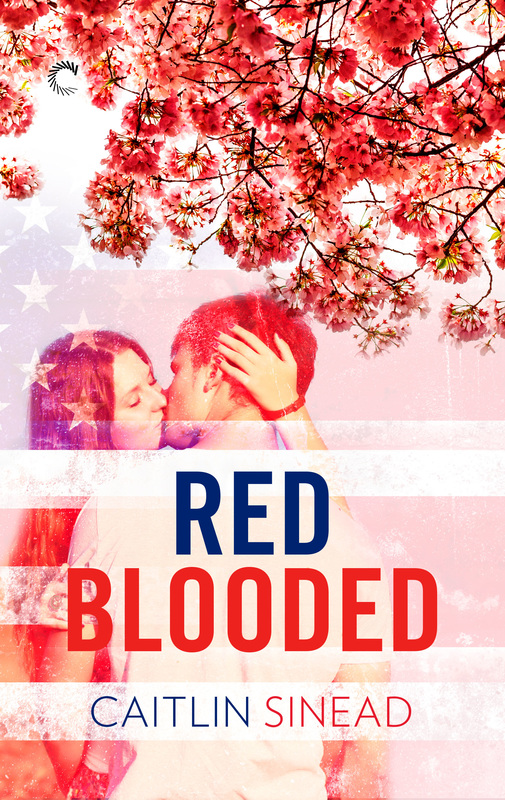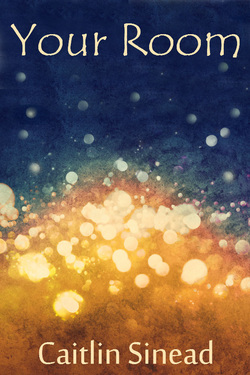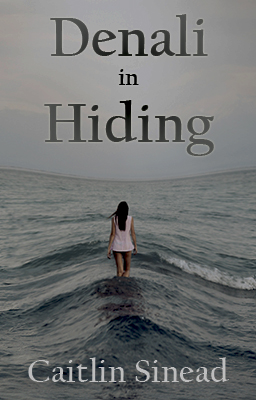One question that keeps coming up and I don’t have a great answer for is whether or not you should include that you have a diverse cast in your query.
Let’s get a few things out of the way first:
- I’m not talking about main characters. If your main character has a diverse background, I’d slip that in to the query. Dear Editor has a good post on this. Basically, “It’s one more feature that distinguishes your project, and its current status on publishing’s radar only helps.”
- I’m not talking about when a diverse element in a supporting character is vital to telling the plot. If we need to know that the MC’s brother is an amputee in order to get the plot, then we need to know that.
- I’m not talking about when you query an agent or editor who has specifically asked for more diversity in books. For example, Eddie Schneider. In those cases, I’d say something like, “I noticed on the Jabberwocky website that you’re specifically interested in diverse casts. My main character's best friend is Latino...etc....”
What I’m talking about is when your cast is diverse but it’s not vital to know that to understand the story and you aren't querying an agent who specifically said they're looking for diverse casts.
All of my books have diverse love interests and friends. But, when I was querying, I felt like adding that was sort of like saying, “Oh, by the way, my book is realistic.” Heh. I didn’t think it needed to be said and I felt awkward patting myself on the back for, you know, reflecting the world. Aren’t we supposed to do that as writers? Additionally, while many of my characters have diverse aspects to them, those aspects don’t define them. Calling out just those attributes in the query, and not their other interesting and important attributes, felt weird.
However, maybe I was wrong! I can understand the argument that many books don’t have diverse casts (even those that don’t have compelling time/place reasons for it), so maybe it is advantageous to raise your hand and say, “Hey, fyi, my book is diverse.”
As I said, I’m not sure. I’d love to hear your thoughts on this and maybe that discussion can help some of you decide whether or not you should include it.




 RSS Feed
RSS Feed